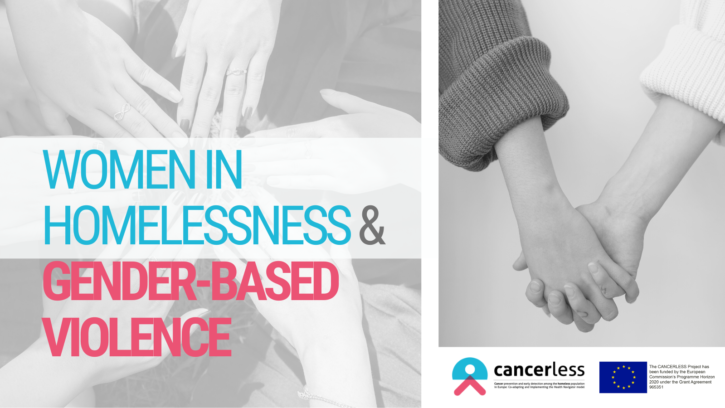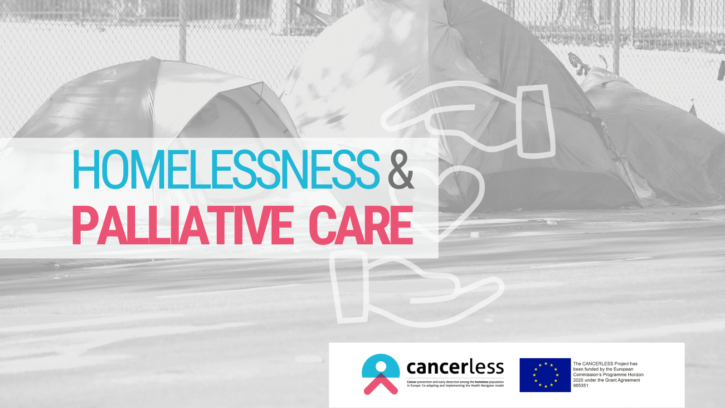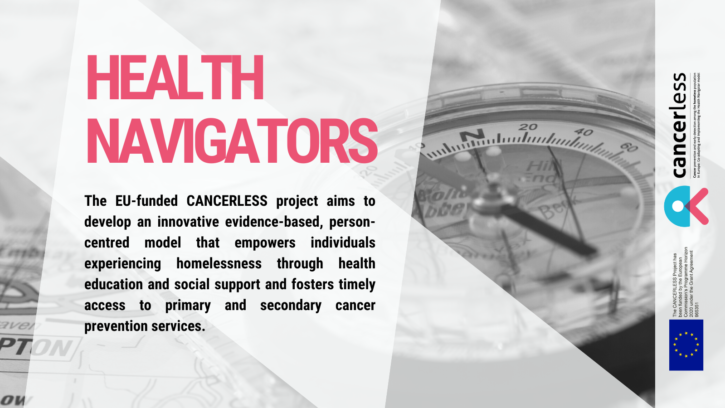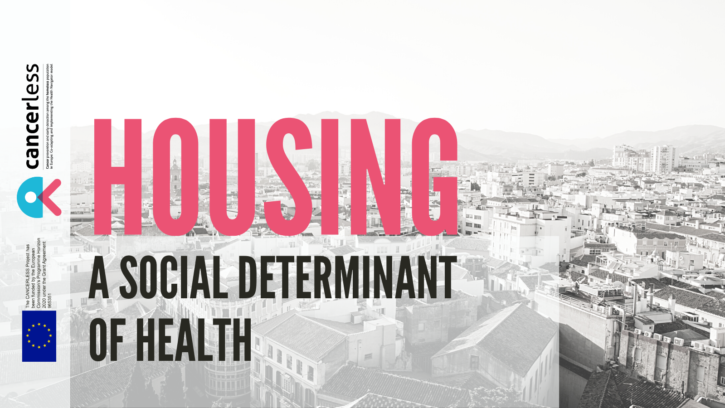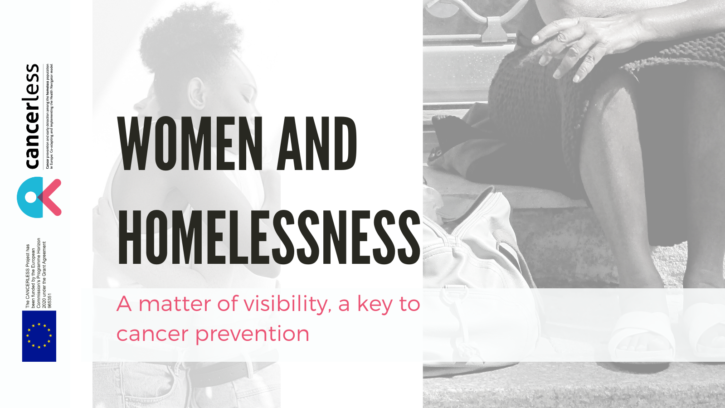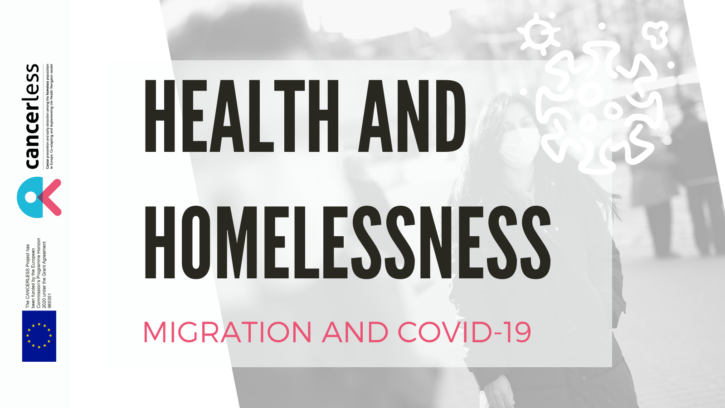Gender and trauma-informed care for women experiencing homelessness
Gender-based violence (GBV) is the biggest driver of women’s homelessness. It is a major cause of women’s homelessness as many women fleeing domestic violence are facing homelessness and it is also a consequence. While sleeping rough or staying in unsuitable accommodation for instance in mixed homelessness shelters or in unsafe informal arrangements, women are stigmatised,…

